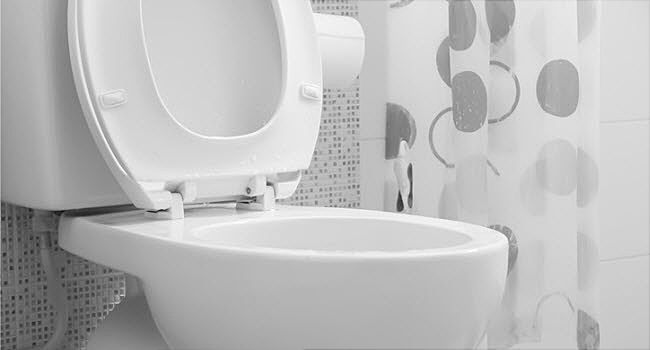April 27, 2022 – Every day, vital information about your health is flushed down the toilet – literally. Bowel movements contain a veritable treasure trove of biomarkers that can uncover a wide array of conditions, from things you lack in your diet to deadly diseases, including COVID-19.
“Assessing fecal matter can help doctors detect certain types of cancers, give insight into the microbiome, and provide a deeper look into nutrition and lifestyle habits,” says Jessie Ge, MD, of the Department of Urology at Stanford University School of Medicine.
It can help doctors customize treatments for irritable bowel syndrome or inflammatory bowel disease, she says. And lots more.
“I don’t even know how many conditions can be examined,” Ge says, “because there are a lot.”
The problem is today’s methods for stool assessment are expensive, inconvenient, and kind of gross. Many tests make you to poop in a tray, scoop out a sample, and mail it to a lab. This creates a huge barrier for use, since a patient must be very motivated to do it.
One solution, according to Ge and other scientists, is to create “smart toilets” that can capture lab-quality samples where they’re first dropped off. That way, doctors and their patients can gain key insights with little to no action required. In fact, a recent paper Ge and others wrote in the journal Nature explains how smart toilets might be the next tool for monitoring COVID-19 and keeping the virus in check.
A Short History of Smart Toilets
One could argue that we’ve been souping up toilets almost since we invented them. Sir John Harrington came up with the modern flush toilet in 1596, and by the 1700s, Europeans were enhancing them with bidets and other luxury features.
Fast-forward a couple of centuries, and we’ve added even more. Today’s toilets will not only wash, warm, and air-dry your tush; they’ll let you shine light on the target, play music, and add aromatherapy – all from the convenience of your mobile device.
But the smart toilets Ge and her colleagues wrote of in Nature would go a step further: examining your health.
The late Sanjiv “Sam” Gambhir, MD, PhD, was an early pioneer in smart toilet technology, dating back to the 1980s. His goal was to focus health care on early detection and prevention, known as precision health. Today, a colleague of Gambhir’s, Seung-min Park, PhD, carries on the work. (Park was a co-author and lead data scientist on Ge’s paper.)
Park designed the Kanaria, a smart toilet prototype that analyzes urine and stool. The Kanaria c

